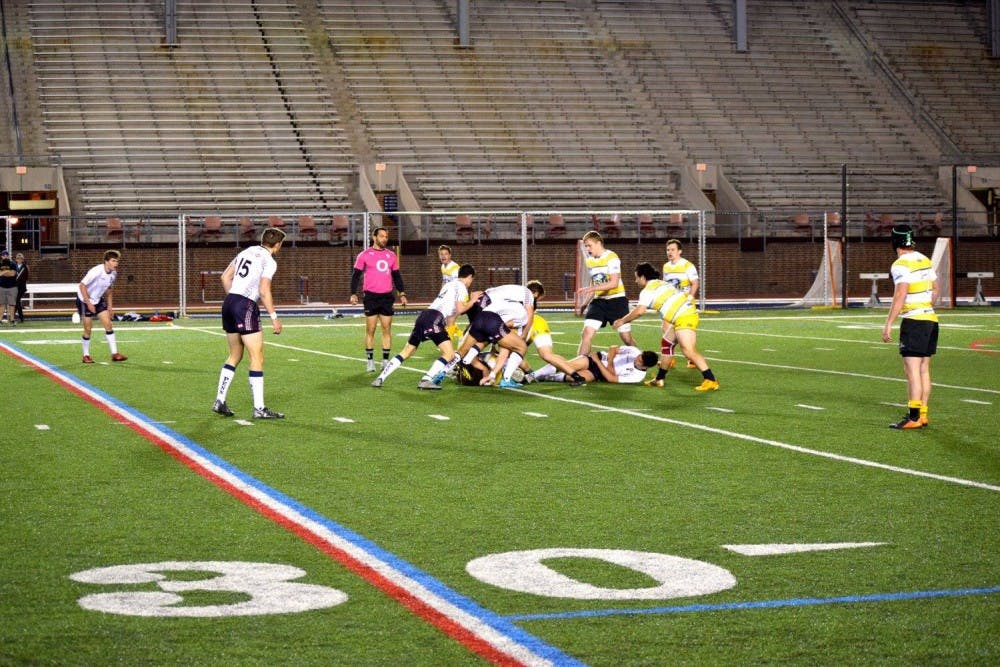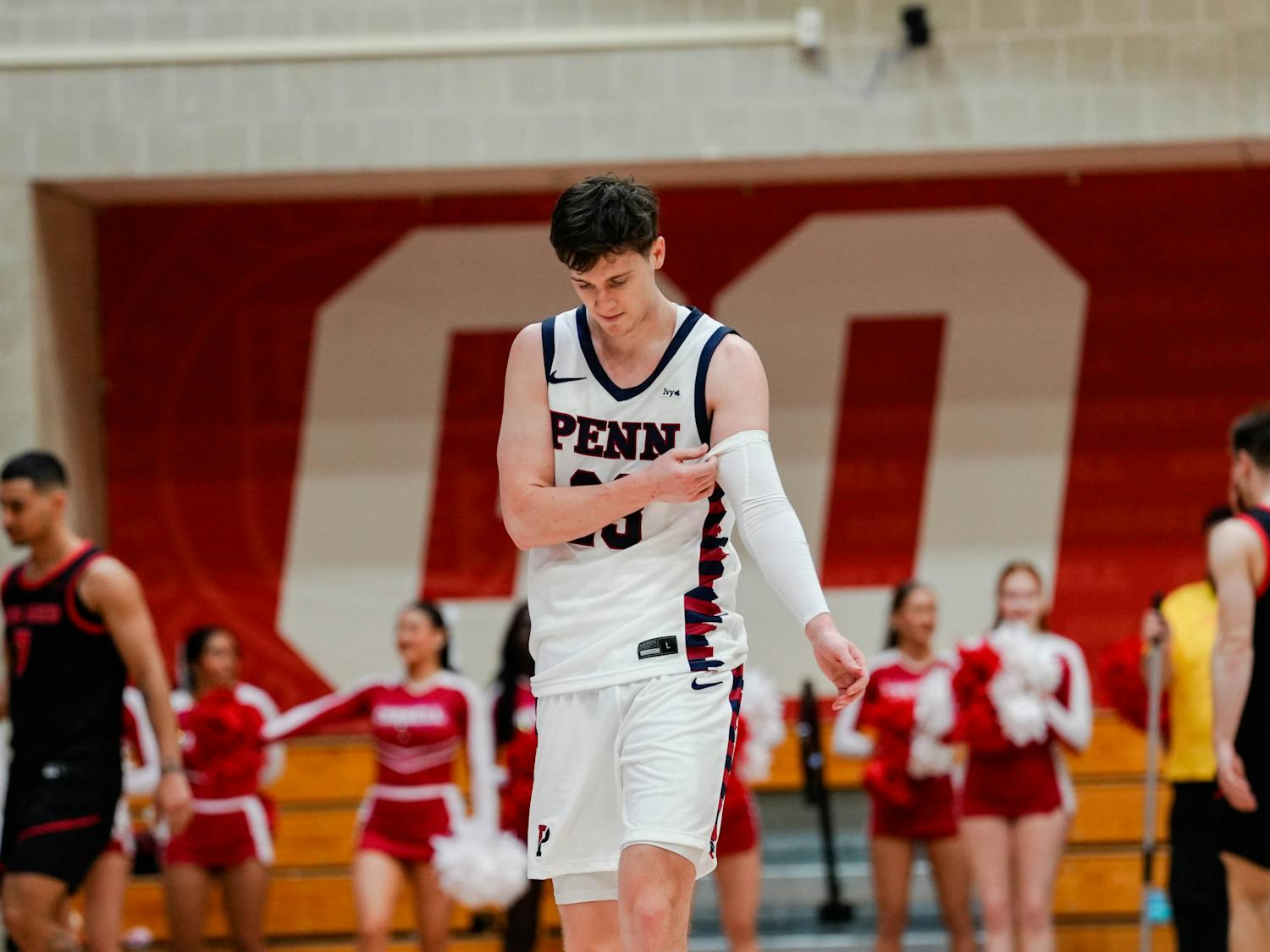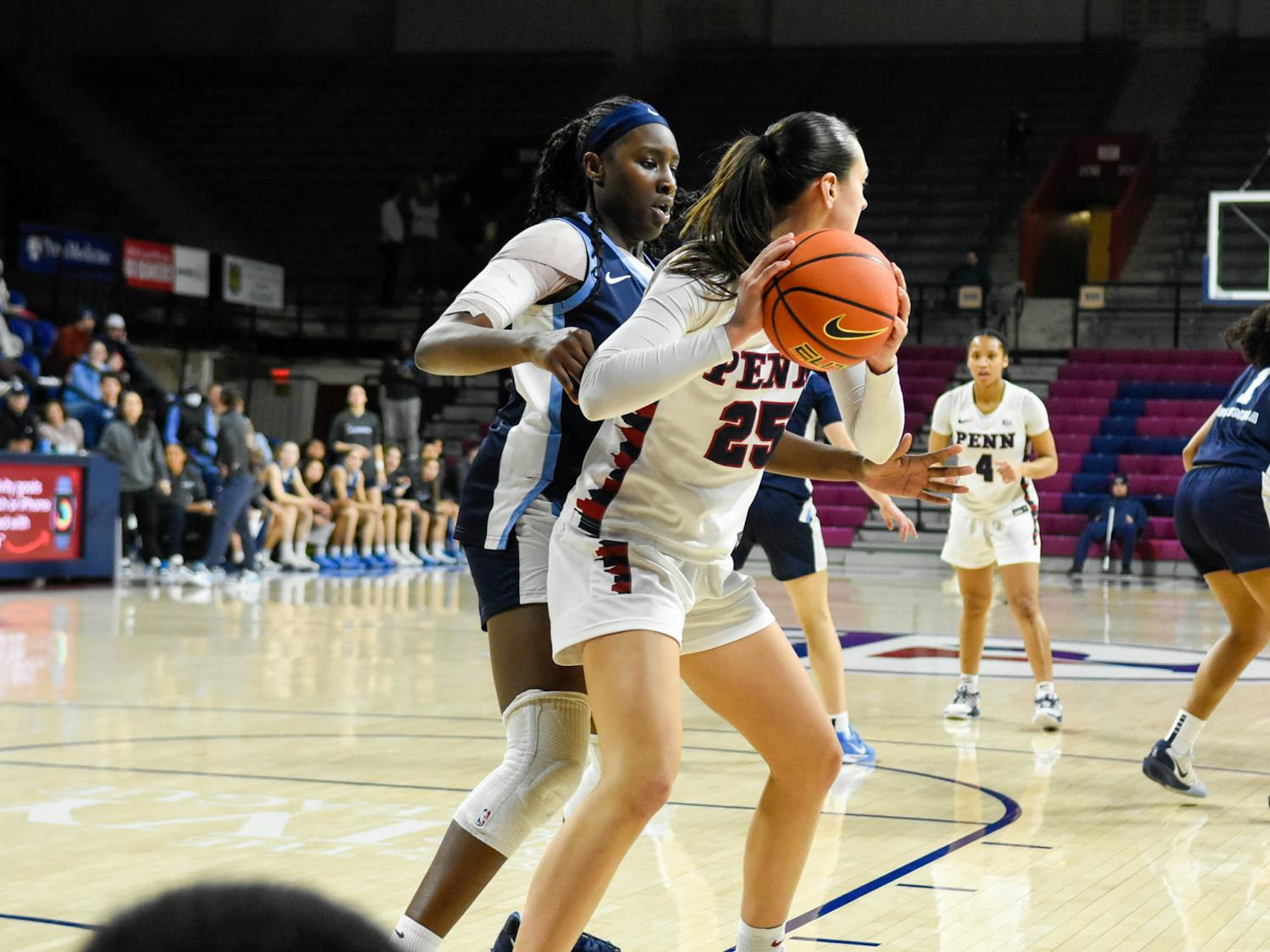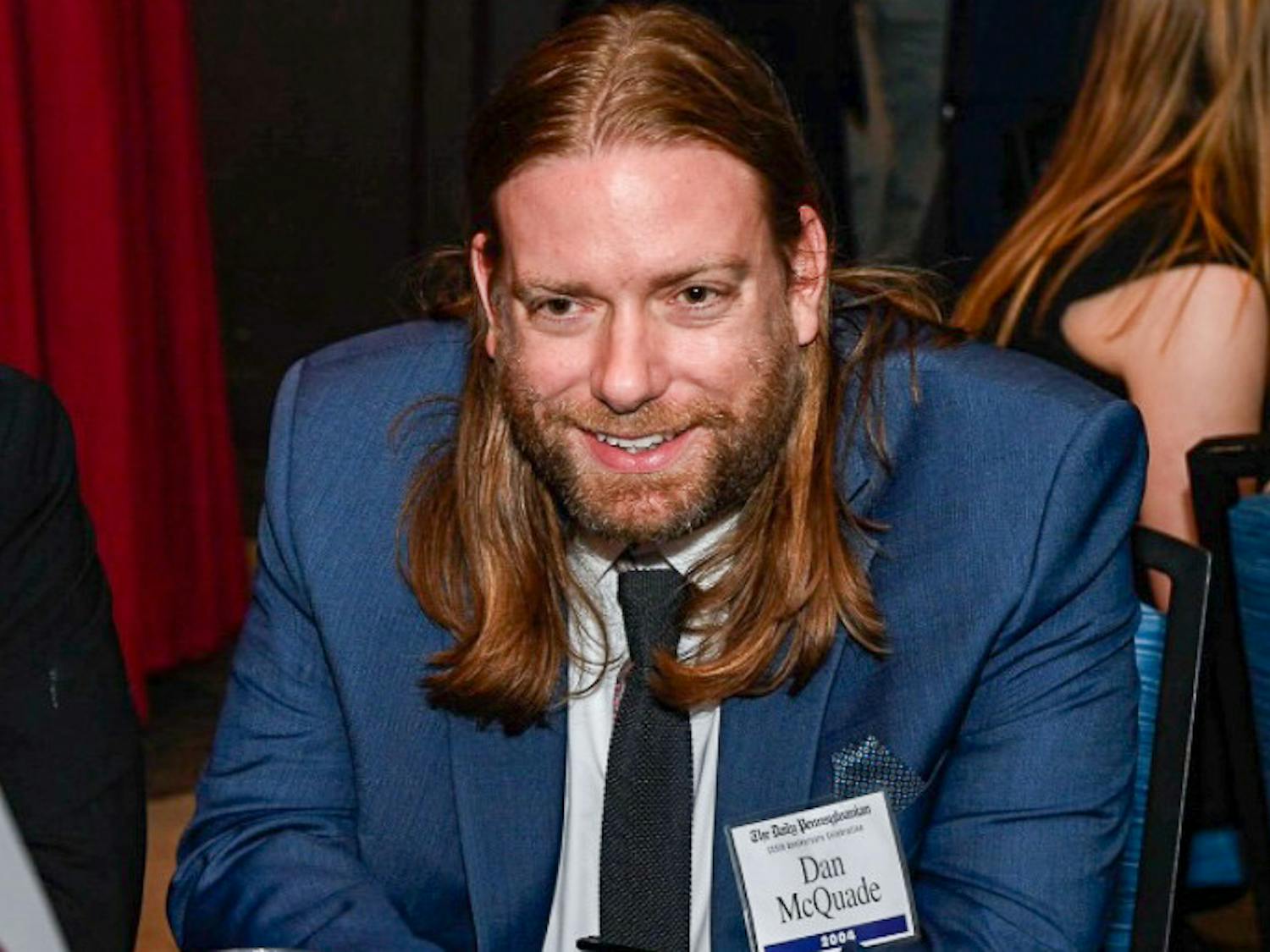At the Olympics this summer in Rio, there will be a sport making its long-awaited return. Last played at the Olympics in 1924, men’s and women’s rugby sevens — a rugby tournament with seven players per side — will make its return to the world games, bringing a sport that most Americans know little about into popular view. Not to mention, the United States men are a serious medal contender.
“I think [the Olympics] will have a massive impact on rugby in America,” Penn rugby coach Nic Clapinson said. “With the U.S. doing well, you’re going to see more growth and for a lot of us, it’s about keeping up.”
In an attempt to keep up with rugby’s evolving landscape in the northeast, and with some serious competition among Ivy League schools, Penn’s rugby program is undergoing a transformation that aims to propel itself into the top tier of programs in the nation. While this isn’t expected to happen overnight, the students, alumni and coaches are committed to building a nationally recognized program.
“Historically, the program has been quite up and down,” Clapinson, who was hired just this year, said. “We brought in non-student coaches and management staff, and are looking to upgrade the program.
“It will still be a club sport for the foreseeable future, but we want to put it at a level of an elite club and keep up with a lot of other programs in the U.S. who are really upgrading and growing.”
Rugby Club President David Harris believes that these changes will really help reboot Penn’s rugby program.
“We are moving from what was sort of a social club to more of a competitive athletic club that can compete on the national level,” he said.
Each member of the coaching staff, while mostly volunteers, comes from a very impressive rugby background, showing the team’s serious commitment to improvement.
Clapinson played professionally in England as well as on the Canadian national team. He has spent the last 15 years coaching rugby in both Europe and North America. Additionally, he brought with him a sevens-oriented coach, who played professionally in Scotland, and a strength and conditioning coach, who has worked with some of his elite contemporaries in New Zealand.
The new team of coaches, along with the student leaders such as Harris, is focused on recruiting more talent, although this can sometimes be quite different for a non-varsity sport.
“The most you can do is [help potential students] along with the application process,” Clapinson said. “Hopefully, one day we will be in a different place, but that is essentially what we do now. It’s a matter of tracking them, making sure you keep in touch, and making sure they do come out if they get in.”
Right now, there are about 35-40 registered players, but the coaches are aiming to get the numbers up to around 50, so Penn can field both a full development team and a full competitive team, especially considering the Ivy League is implementing a developmental league next year.
The majority of these players used to be international students from Australia, the UK and other rugby hotspots, and some still are, including one of the top players who is a member of the Zimbabwe national team. However, the number of American-born players is increasing significantly each year.
Some had the opportunity to play rugby in high school, while others have picked up the game after wrestling or playing football growing up.
This includes Stu Helgeson, who is both captain of the sprint football team and one of the leading scorers for Penn’s sevens squad.
While Harris notes that many of the skills learned in rugby can be easily translated back to football — such as explosiveness and quickness — Clapinson says he is hesitant to start trying to recruit athletes from other varsity sports.
“We just have to be careful politically sports-wise, because they are on a varsity sport already. I think we will sort of let that happen naturally. As more kids come in and want to play both or have played both in high school, they can go ask their football coach rather than us trying to directly encroach on that.”
Harris also addressed the difficultly of recruiting among all the other time commitments students at Penn face, especially with those students that play multiple sports.
“One of the struggles is that so many of our kids have so much commitment to other things like academics and their other clubs, and a lot of guys play two sports.”
Nevertheless, Penn does have a crop of talented young athletes who are ready to lead the rugby program in its new era. While some of the seniors have guided the program until recently, the majority of the roster is now comprised of freshmen and sophomores.
This is the group that will carry the torch as Penn’s program gets revamped.
In terms of how the coaching staff plans to improve the program, they look to Dartmouth as the gold standard.
“The benchmark is Dartmouth in our league,” Clapinson said, “They are on the verge of being a truly top club, so in the next four or five years, we want to put Penn in a position to keep up and compete with them — hopefully sooner rather than later.”
Dartmouth went through a program overhaul about 25 years ago, and they now have their own fields, clubhouse and multi-million dollar endowment set up by alumni. Clapinson says the fact that rugby is a club sport actually works to Dartmouth’s advantage in this case.
While Penn hopes to reach this status one day, for now, the team will focus its efforts on two big upcoming tournaments, the Ivy League Championship at Dartmouth this weekend, as well as the Collegiate Rugby Championship qualifiers in Philadelphia in early June.
“Obviously, we want to win [the Ivy Championships], but second to Dartmouth would be great,” said Harris, whose team placed third in the competition last year.
As for the CRC, Clapinson has big goals for his squad.
“It’s rugby’s equivalent to a bowl game, and we have been invited to the qualifier tournament, so if we win that then next season we get an automatic invite. And that’s a big exposure event. It’s on NBC, so that is a big opportunity for us — the chance to get into that tournament next year in the main draw.”
With the right people to lead and extensive plans for growth, Penn rugby looks to be on track to surprise the student body with its success. And hopefully, after watching rugby in Rio, it will be a student body — and an American population as a whole — that is more excited about the sport than ever.









